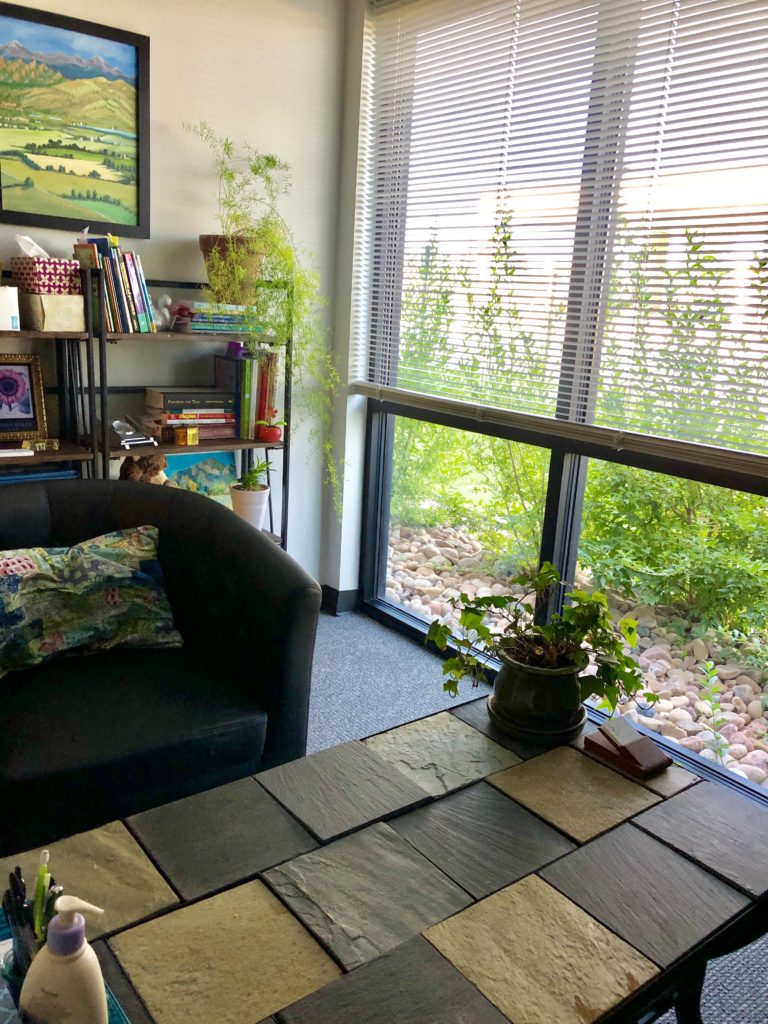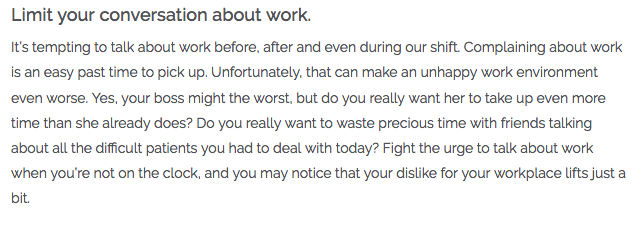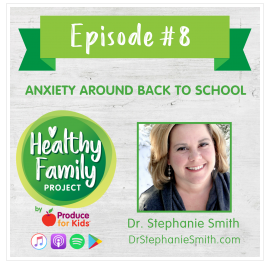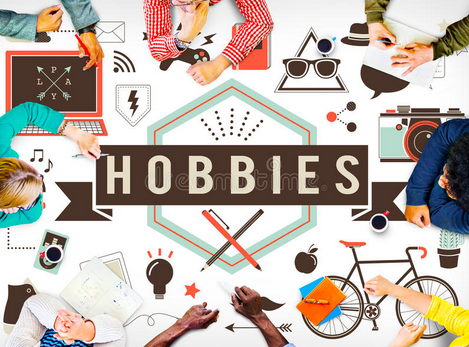Just a reminder that I have moved my office to:
671 Mitchell Way
Suite 109
Erie 80516
All contact info is the same:
stephaniesmithpsyd@gmail.com and 303-828-3080
Here are some photos from my new place:




Just a reminder that I have moved my office to:
671 Mitchell Way
Suite 109
Erie 80516
All contact info is the same:
stephaniesmithpsyd@gmail.com and 303-828-3080
Here are some photos from my new place:




I recently wrote an article over at Health eCareers with some ideas about coping when you hate your job:
Here’s one idea:

Check out the rest at Health eCareers
We’re well into the school year, so those first-day-of-school jitters and nerves have likely subsided. But in case some still remains, here are some tips I wrote about managing school anxiety over at Produce for Kids:
You can also listen to an interview with me about the topic on the podcast: Healthy Family Project:

And if you want to hear more, check out the entire line-up of interviews:
I don’t care who you are, where you stand, what you believe or who you are voting for, the political news has been overwhelming. Last week I spoke to the folks over at Self Magazine for some ideas about how to cope with the hourly onslaught of news (and talking about news, and more talking about news) that we’ve all been trying to deal with. Here’s the entire article:
Here’s one of my tips:
There are a bunch of others, too. Including some helpful links on how to do progressive muscle relaxation, where to go to find a good laugh, and where to turn if you need to talk to a professional.
Thanks, SELF!
Do you and your kids argue over screens?
Join the club! It seems like arguments over screen time are part of the new normal for American families. In my series “Ask the Psychologist” over at Produce for Kids, I wrote about this very topic a few weeks ago. Check it out:
Suicide has been in the news recently. The recent deaths by suicide of celebrities Kate Spade and Anthony Bourdain has people grappling with questions why suicide happens – particularly when it involves people with seemingly happy lives.
I recently got to be part of an article about this very topic over at VICE. Author Ali Wunderman did an amazing job sharing her own mental health struggles. I am so impressed by her honesty and vulnerability in this article. Check it out:
Here’s a quick tip for talking to a friend who you suspect is depressed:
When it comes time to act on your offer, be honest with yourself and your friends about the level of support you can provide. “It can be intimidating to reach out to anyone we suspect is struggling whether it be with mental illness, physical pain or anything else,†Smith says. But even if it’s scary, it’s worth it to try. “The fact of the matter is, it’s not about saying the perfect thing, or fixing all your friend’s problems. It’s just about showing up and being a supportive presence in their life.â€
Check out the entire article for more ideas about how to talk to a friend or family member who you suspect might be experiencing thoughts of suicide.
I’m so excited to be joining up with Produce for Kids for our new series: Ask a Psychologist. Last month I wrote a piece about how to cope when your child’s appetite is affected by medication. Here’s the intro:
According to the Centers for Disease Control (CDC), about 6.1 million children in the United States had been diagnosed with Attention Deficit/Hyperactivity Disorder (ADHD) in the United States as of 2016. ADHD is a disorder that affects a person’s ability to maintain attention and concentration. Those diagnosed with ADHD can struggle to get work done in a timely fashion at home, work and school; social relationships can be tough to maintain as well.
Luckily, there are several, well-researched options for the treatment of ADHD. Behavioral therapy/counseling is typically recommended as a first option. This type of therapy involves a psychologist working with both the child and their family to implement strategies to increase desired behaviors (following directions, controlling impulses) and decrease those that are undesirable (disruptive behaviors). Accommodations at school are also an effective line of treatment. These might include: allowing for movement breaks throughout the course of the day, allowing extra time for tests, and strategically positioning the child in the classroom to reduce distraction.
Another option for the treatment of children diagnosed with ADHD is stimulant medication. Medication can be an important and effective tool for families, but a not-infrequent side effect is loss of appetite. If you notice your child’s appetite changing, or diminishing after starting a stimulant medication, it’s important that you contact the pediatrician or psychiatrist prescribing the medication immediately so that you can troubleshoot together. Some ideas your health care provider might suggest include:
An exciting new podcast is coming in June! Produce for Kids will be launching this new podcast and will showcase current bloggers, Advisory Board members and others.
“With more than 300 blog posts on produceforkids.com and a panel of 12 dedicated expert blog contributors, it only made sense to take this content and bring it to life in audio form,†Amanda Keefer, director of marketing communications at Produce for Kids, said in the release.Â
“Our audience is evolving, and we intend to do the same, providing them with the information they need in the way they are choosing to receive it.â€
and
Blog and future podcast contributors include registered dietitians Katie Serbinski, Holley Grainger and Jode Danen; psychologist Stephanie Smith; plant-based parenting expert Cory Warren; and meal prep planner Brenda Thompson.
Stay tuned!

Last week I wrote an article about why hobbies are an important part of overall mental health. Mostly because we all need a break from the “business” of life once in a while. And it’s essential to find things that we enjoy doing “just because” and not because they have to be done (like working, taking care of family, etc).
But what if you don’t have a hobby? Some ideas about where to start:
Happy hobby-ing!
What do you like to do when you’re not working, taking care of your family or doing other things that have to be done?
It’s a question that I ask folks in my office all the time. Why? Because hobbies, or avocations, are an essential part of overall mental health. Really!
Much of our time and energy is taken up by things we have to do:
Many of these things are enjoyable (hopefully work and family are – at least some of the time!) and provide us with a sense of purpose and accomplishment. Both very important things!
But in order to achieve and maintain good mental health, there also needs to be some room for hobbies, or avocations. These are things that don’t have to be done, but are simply pleasurable and meaningful in their own right. For some folks, hobbies are what gives our life meaning.
Hobbies can provide us with opportunities to grow and learn. They can also give us opportunities to challenge ourselves and stretch the boundaries of our comfort zones. Some of these kinds of hobbies might be things like:
Often, hobbies also provide us with opportunities to socialize with other people who are interested in the same quirky things we are. But the cool thing about these relationships are that they are born out of mutual interests not out of obligation.
Stay tuned for ideas about how to pick a hobby that works for you!
